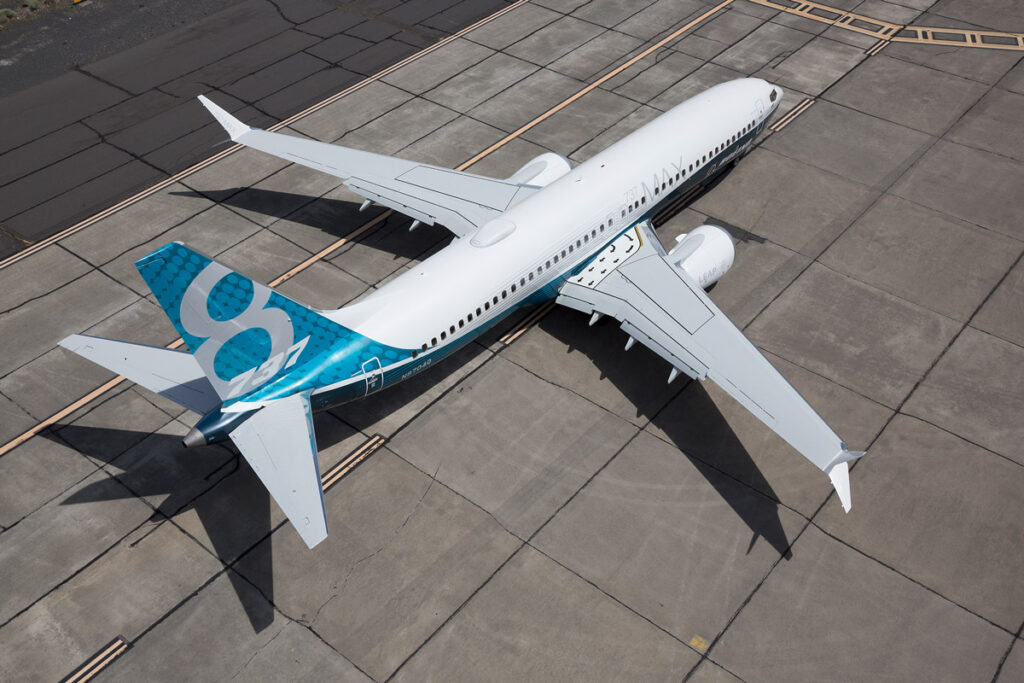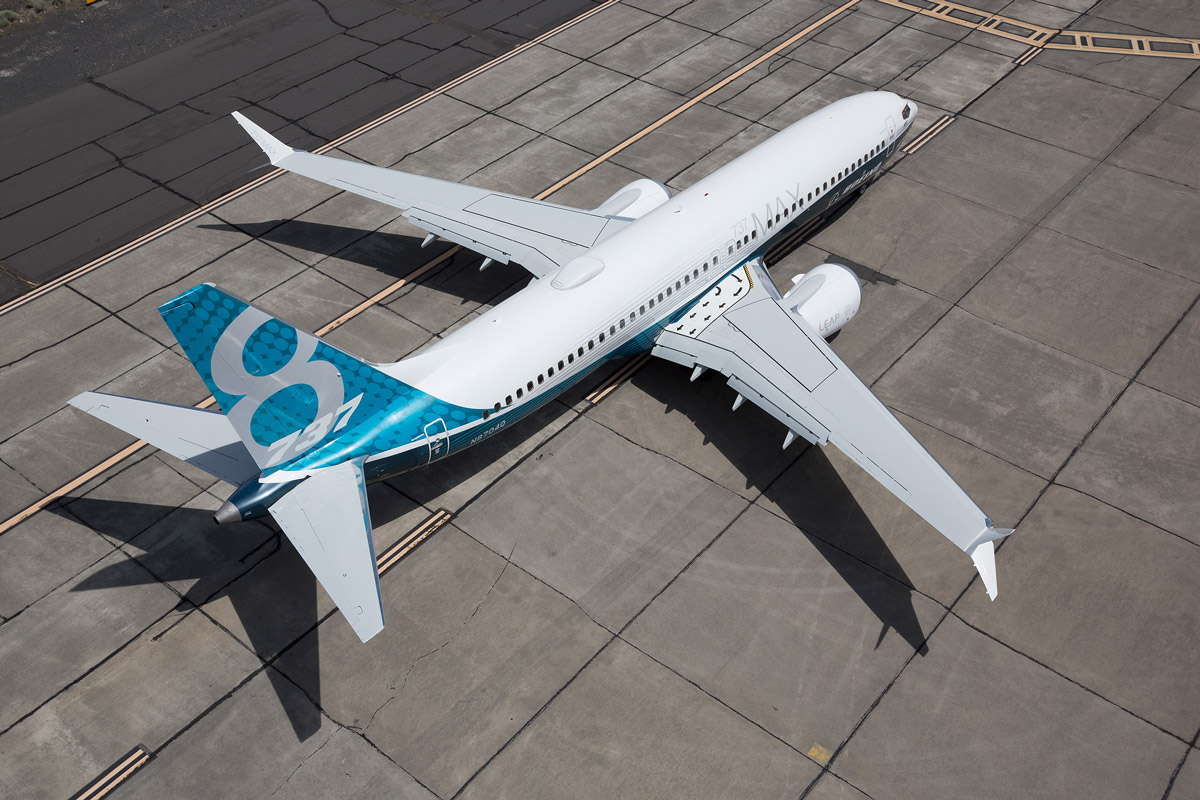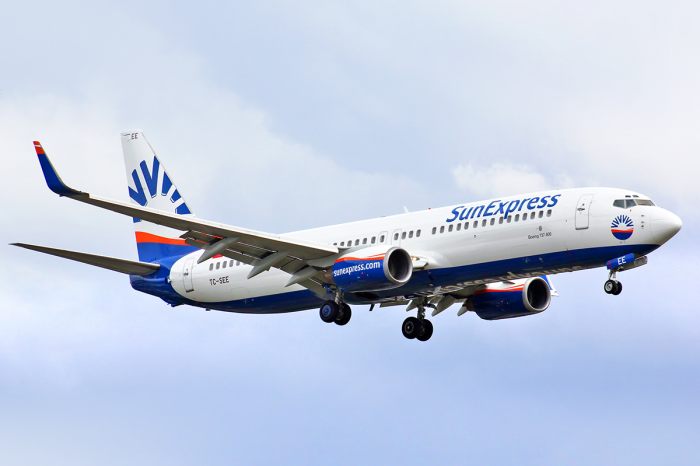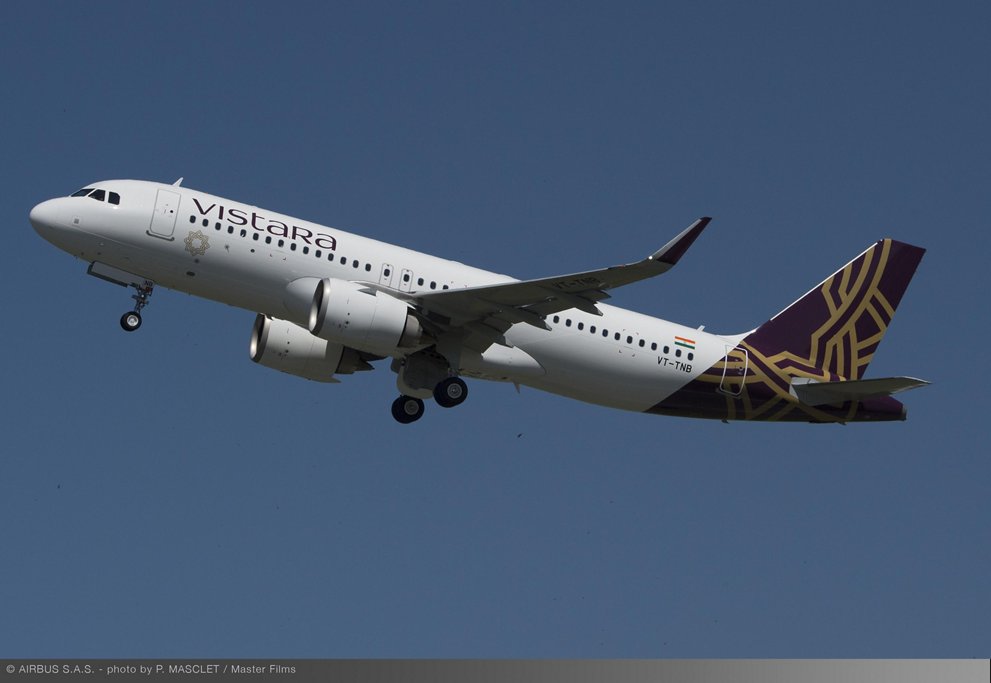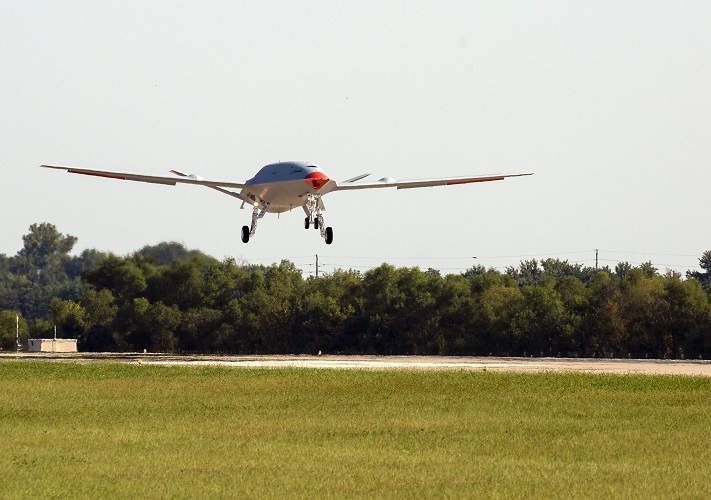The U.S. Federal Aviation Administration (FAA) today rescinded the order that halted commercial operations of Boeing (NYSE: BA) 737-8’s and 737-9’s. The move will allow airlines that are under the FAA’s jurisdiction, including those in the U.S., to take the steps necessary to resume service and Boeing to begin making deliveries.
“We will never forget the lives lost in the two tragic accidents that led to the decision to suspend operations,” said David Calhoun, chief executive officer of The Boeing Company. “These events and the lessons we have learned as a result have reshaped our company and further focused our attention on our core values of safety, quality and integrity.”
Throughout the past 20 months, Boeing has worked closely with airlines, providing them with detailed recommendations regarding long-term storage and ensuring their input was part of the effort to safely return the airplanes to service.
An Airworthiness Directive issued by the FAA spells out the requirements that must be met before U.S. carriers can resume service, including installing software enhancements, completing wire separation modifications, conducting pilot training and accomplishing thorough de-preservation activities that will ensure the airplanes are ready for service.
“The FAA’s directive is an important milestone,” said Stan Deal, president and chief executive officer of Boeing Commercial Airplanes. “We will continue to work with regulators around the world and our customers to return the airplane back into service worldwide.”
In addition to changes made to the airplane and pilot training, Boeing has taken three important steps to strengthen its focus on safety and quality.
- Organizational Alignment: More than 50,000 engineers have been brought together in a single organization that includes a new Product & Services Safety unit, unifying safety responsibilities across the company.
- Cultural Focus: Engineers have been further empowered to improve safety and quality. The company is identifying, diagnosing and resolving issues with a higher level of transparency and immediacy.
- Process Enhancements: By adopting next-generation design processes, the company is enabling greater levels of first-time quality.
